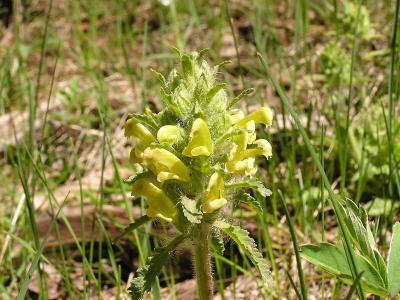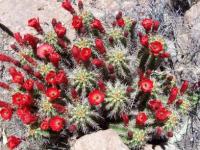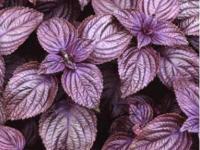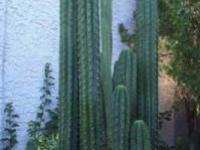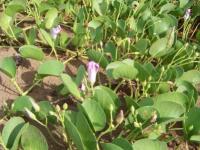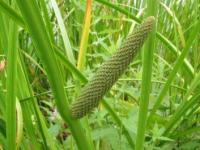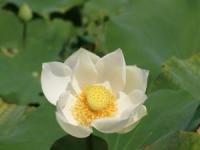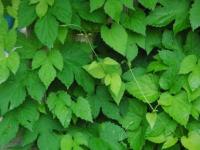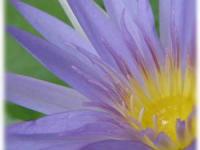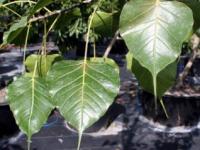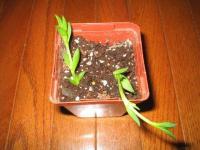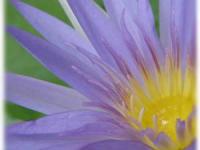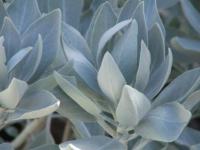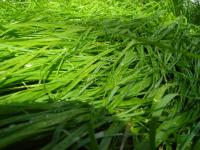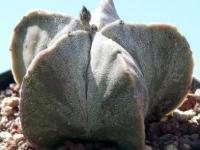Pedicularis Canadensis
(Wood Betony/ Canadian Lousewort)- 5 SEEDS
Pedicularis Canadensis is a perennial herb that is native to eastern North America from Nova Scotia to Manitoba. Naturally, it grows in moist, open woods as well as amongst thickets and along roadsides and clearings. It has been used by Native Americans for medicinal properties. It’s a low-growing, hairy plant that typically measures 4 to 14 inches. A broad whorl of tubular, hooded flowers tops each stem with 10-20 flowers per cluster. Flowers of pedicularis c. are about an inch long and may be pale yellow, yellow, red, or even a mixture of the two. They tend to bloom in April and May for plants that have been established from the previous year. Leaves are soft and hairy at about 3 to 5 inches long. When it comes to harvest, gather the entire plant as flowers bloom and dry for later herb use.
Uses: Wood Betony is a medicinal and edible herb. It was much used by Native Americans and prized for medicinal and aphrodisiac qualities. The leaves and stems are cooked as a pot herb. A medicinal infusion of the roots is used as a blood tonic for anemia and heart troubles, and it is used to treat stomach aches, ulcers, and bloody diarrhea. A medicinal poultice of the crushed root is applied to swellings, sore muscles, varicose veins, and tumors. The roots are finely grated and added to food as an aphrodisiac. A medicinal infusion of the fresh leaves or dried herb has been used to treat a sore throat, tonsillitis, cough and bronchitis. Infusions are also used to treat headaches, dizziness, urinary, bladder and kidney pain. Wash or dip in a strong decoction is to rid animals and people of lice and scabies.
Seed Germination: This is one of the more difficult seeds to germinate. Start by stratifying in a refrigerator. For seeds sown outdoors in the fall, the cold weather will naturally create this process. Mix seeds with moist sand, vermiculite, or peat moss. Silica sand is an excellent choice. For large quantities, use coarse grade vermiculite. Place your mixture in a plastic zipper bag or sealable container and store in a refrigerator (33–38°F). Some seeds may sprout in storage if moist stratified too long. These should be planted immediately. This species often requires a host plant because it is hemi-parasitic. Low-growing grasses and sedges are suitable choices. Examples include Sweet Grass or Buffalo Grass. They can either be planted along with the pedicularis or added after. To arrange a parasitic relationship, the seeds must be planted amongst the damaged roots of the host plant. This can be done by making an incision at the bottom of the host plant where pedicularis seeds will be planted. This can be accomplished by raking an area around the host plant as well. If the host plant has just been transplanted, this will also provide a desirable scenario for the pedicularis to attach.

Item is shipped out within 3 business days.
Exchanges are accepted but not returns.
